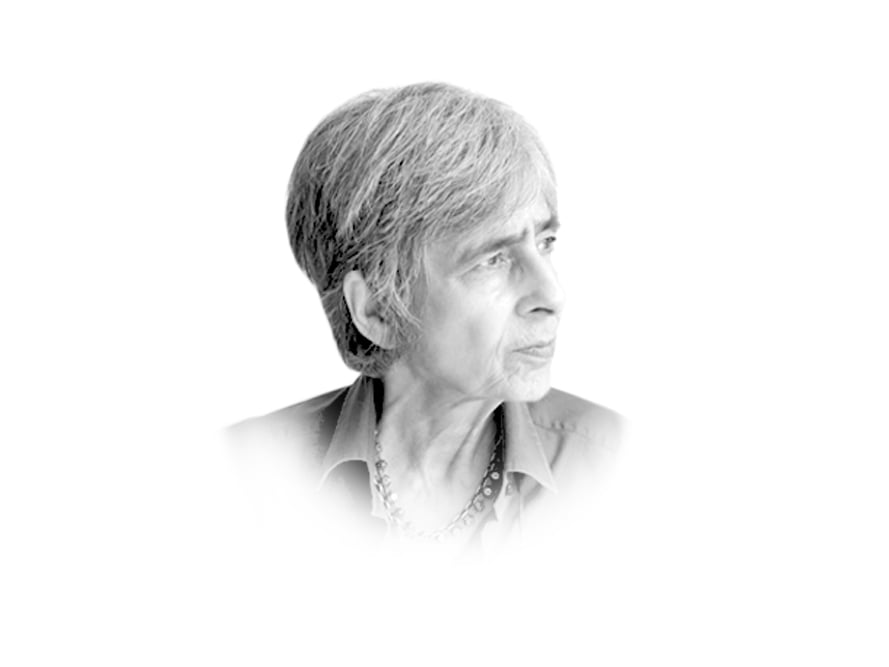
The general layman’s understanding of transition is that it is a passing from one condition to another over a period of time whereas a transformation is a metamorphosis, a complete change in form or character which can happen in the blink of an eye. In the context of Pakistan, would one not say that it has both been transformed on occasion and has been in transition for lengthy frustrating periods?
Was it not transformed in March 1949 when Jinnah’s lieutenants in the constituent assembly passed the objectionable Objectives Resolution, overturning Jinnah’s August 11, 1947 stern advice completely to his future legislators that Pakistan would not be an intolerant country inhabited by bigots and that religion is not the business of the state? This resolution which hangs over us like a deathly blanket transformed Pakistan into a state where religion is very much its business and it was handed over to the Almighty, the legislators thus abdicating any responsibility for its governance.
Transition set in with the men of the book wielding increasing influence over the Almighty’s governance. In 1951, Maulana Maudoodi got together Sunni and Shia divines and had them sign a 22-point Islamic agenda. In 1953, the holy brethren were provoked by the politicians who had their own agenda into fomenting the Punjab riots targeting the Ahmadis. Slide on to 1956 and the Islamic Republic of Pakistan came into being.
Prior to this, in 1954, transformation of another kind began when the army took its rightful place in politics and the army chief, in the form of General Ayub Khan was appointed defence minister in the civilian cabinet of Mohammed Ali Bogra. As we know, since then the Pakistan Army has never been trumped. Ayub Khan, secular as he was, when he took over the country and became the president was unable to turn back the Islamist tide and gave in to the gentlemen of the book whenever they exerted any pressure. So was that not the natural progression of Pakistani transition in play?
How about the transformation of 1971 — the loss of half the country made by Jinnah (“moth-eaten” as it was in his words) is surely not a transition? Come Zulfikar Ali Bhutto as a result of the loss and the question is: Did he transform with his initial policies or was it still transition? Then we have his 1977 final and mortally unsuccessful bid to save the famed ‘kursi’ when he went all Islamic and gave us Fridays instead of Sundays as a day off, banned alcohol and gambling, thus nicely paving the way for Ziaul Haq. Zia went the whole hog and, inter alia, gave us his wicked malevolent laws such as the Hudood Ordinances and the additions to the blasphemy law, the latter now under heavy debate in the media and arousing much disgust internationally as they have once again been ‘used’ to ‘fix’ someone, this time a woman who has been sentenced to death. Was this all a natural transition, sliding merrily onwards all the way through the 1980s, 90s and the first decade of this century?
So where are we? On December 6, in Ghalanai, suicide bombers took with them 43 citizens of Pakistan, and 18 in Kohat on December 8. Our feckless, inept politicians can do nothing but have their flunkies issue the usual condemnation statements and then conveniently forget the death and destruction.
Published in The Express Tribune, December 11th, 2010.


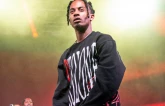


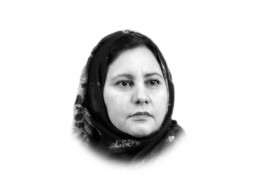





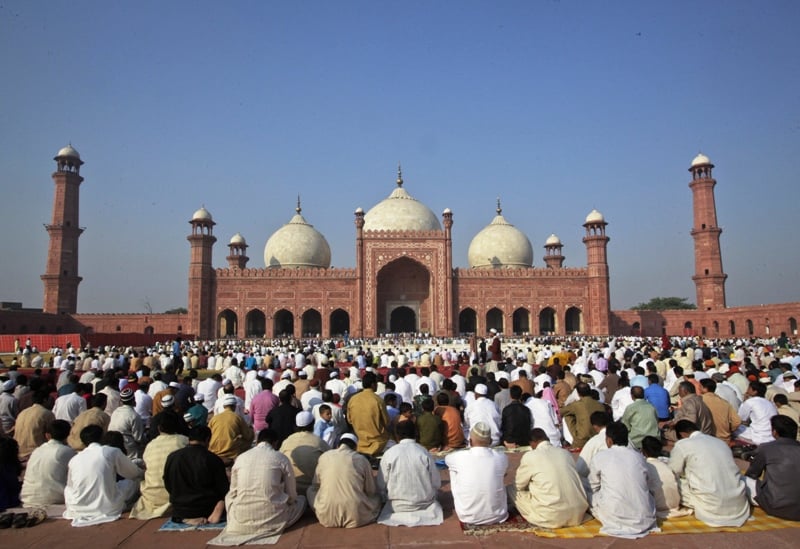
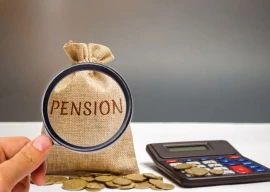

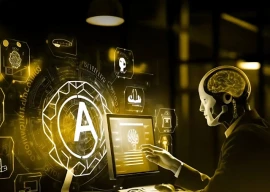



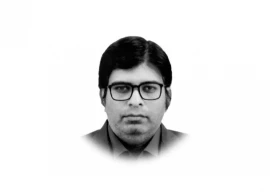
COMMENTS
Comments are moderated and generally will be posted if they are on-topic and not abusive.
For more information, please see our Comments FAQ